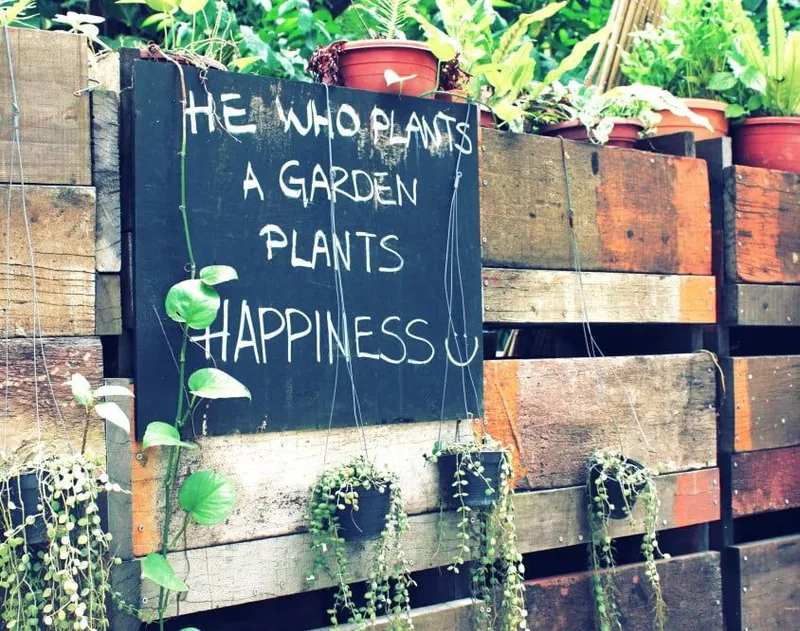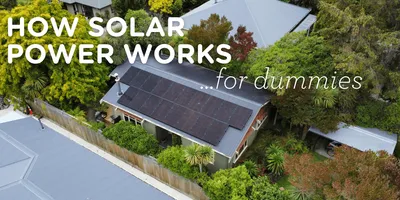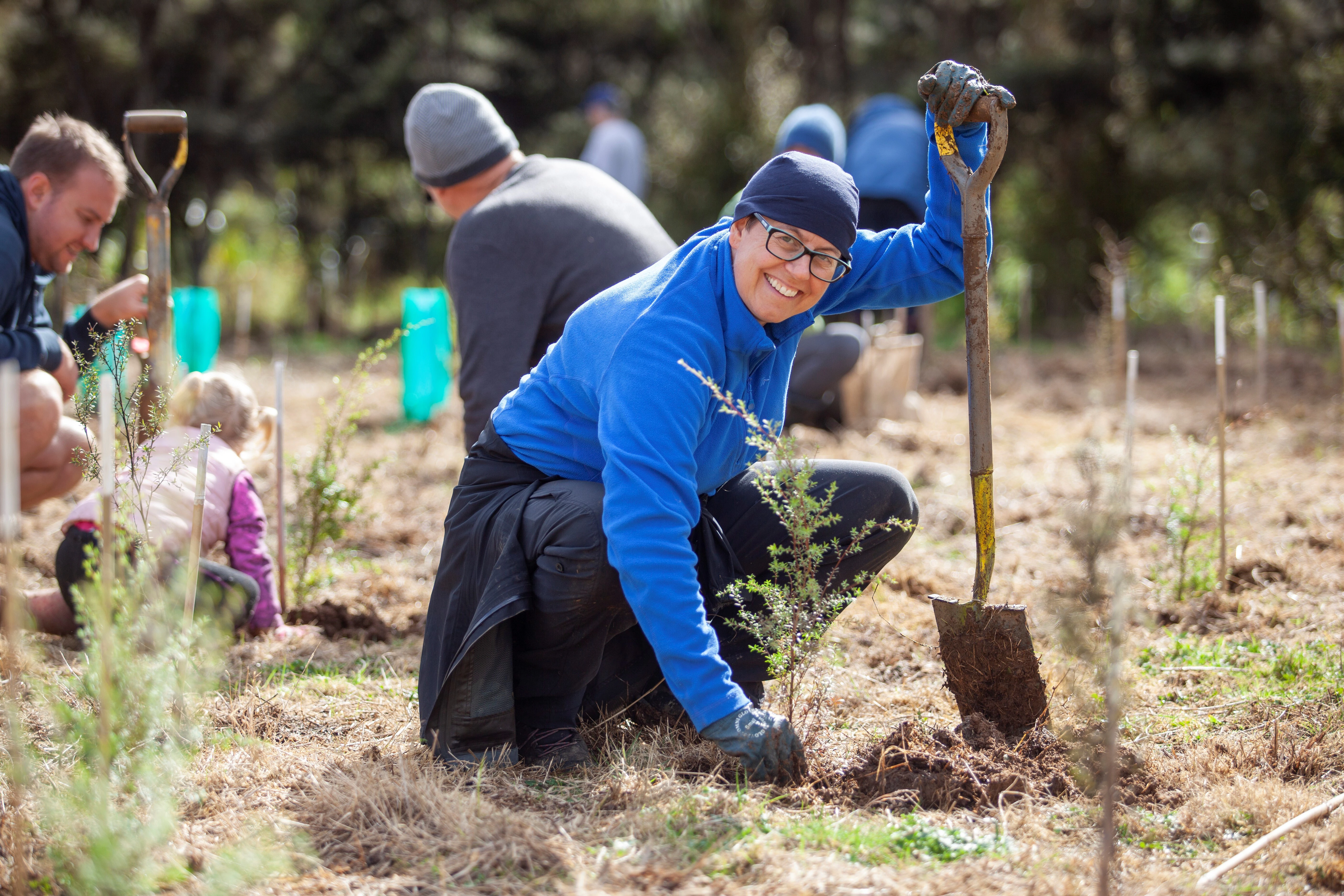Starting and maintaining a herb or vegetable garden
12/06/2020

Growing your own herbs and vegetables is a very rewarding experience. It gets you outside, gives you a sense of accomplishment, and provides a healthy, renewable food source for you and your family.
If you’ve never gardened before, it can sound daunting. Here are the basics to start you off on your gardening journey.
Pick a spot
Decide on what part of your garden or home you’ll convert to herb or vegetable garden. For apartments, choose a dedicated spot on the balcony or a windowsill. For a house with a garden, consider unused or out-of-the-way place that won’t interfere with your usual enjoyment of your space. Alternatively, you can choose a space based on the amount of sun needed to grow your favourite vegetables.
Pick a container or style
Balcony gardening is most easily accomplished using pots. Choose pots that are large and deep to allow room for growth. You can also make or buy untreated wooden garden boxes. For growing indoors, small pots that fit on your sunniest windowsills are great options. For those with dedicated outdoor space, raised garden beds are highly recommended as they are great for weed and pest control. They also help reduce soil compaction and increase drainage.
Prepare the soil
Good soil for vegetables should have plenty of organic material and should drain easily. You can buy potting soil at a nursery or make your own. For pots, check that they have holes in the bottom. Fill them with a few centimetres with rocks before adding soil – this facilitates good drainage and prevents the holes from being blocked.
Choose suitable plants
There are several considerations you should make in selecting your plants.
- Does the plant you’ve selected match the space you’ve prepared in terms of sunlight requirements?
- Is it the right season for planting this plant?
- Will it outgrow the space you’ve prepared?
- How much maintenance does it require? Can you just plant seeds and they’ll grow or do you need to grow out seedlings indoors before planting them in the ground?
- Does the amount of maintenance match your gardening ambition?
If you get stuck on any of these questions, check out these New Zealand gardening guides for more information.
Please note that we’ve advocated for picking a spot first and then picking your plants to match those conditions. If you have plenty of space, you can of course select the plants you want and then choose a space that matches the plant’s requirements.
Planting
A common mistake in planting is to plant your plants too close together or plant them too deep/not deep enough. Be sure to follow the instructions on the pot or seed packet and leave enough room for the plants to grow.
Maintain your garden
Your garden needs three things – watering, fertilising and pest removal. For watering, all you have to do is remember! Develop and stick to a watering regime – soon it will become second nature. If your plants are looking unhealthy in spite of frequent watering, you may be overwatering or your soil might lack drainage.
We prefer natural methods for fertilising and pest removal. For fertiliser, use home-made compost. Also, many plants appreciate a little extra nitrogen. A variety of organic material can be used to increase the nitrogen levels in your soil – including coffee grounds! For pest removal, manual removal is always best for weeds and there are all sorts of natural solutions for insects, from companion planting to garlic spray. Identify the kind of pest you have and ask your local nursery what they would advise as a natural pest control method.
Harvest and replant
Enjoy the fruits (or vegetables or greens or herbs) of your labour! And once the season is over, don’t forget to replant with new vegetables and plants that are suitable for the season you are entering.







